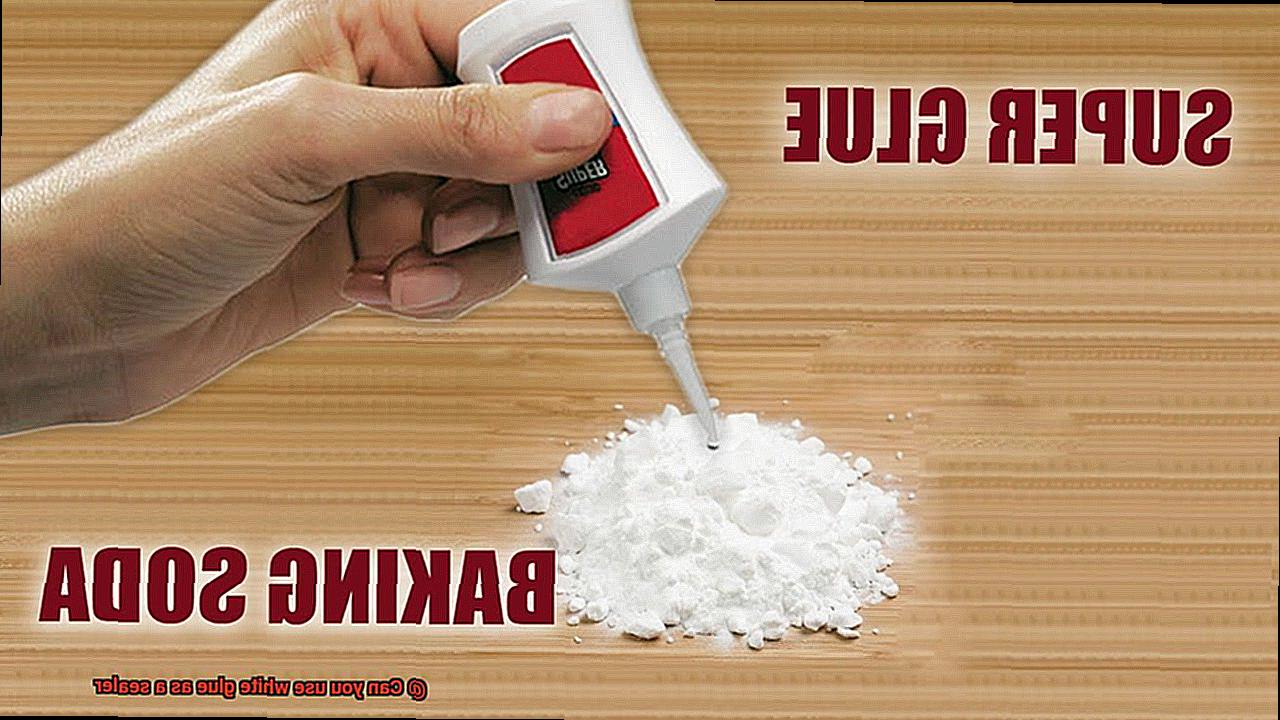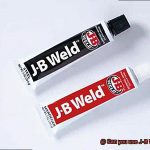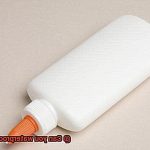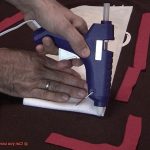Are you tired of spending a fortune on expensive sealers for your DIY projects? Well, guess what? You can save some money and achieve the same results with a simple solution – white glue. That’s right, the same glue that you used to bond macaroni onto construction paper in your childhood can also be used as a sealer for various projects.
White glue, or PVA glue, is an adhesive that dries clear and strong. Its non-toxic and water-soluble nature makes it an ideal choice for sealing crafts, paintings, and other DIY projects. Many crafters have experimented with using white glue as a sealer with varying degrees of success.
In this blog post, we’ll delve into the pros and cons of using white glue as a sealer. We’ll also discuss the different types of white glue available and provide tips on how to use it effectively for sealing your projects.
Whether you’re an experienced crafter or just starting out, this post will answer all your questions about using white glue as a sealer. So grab your bottle of white glue and let’s dive in.
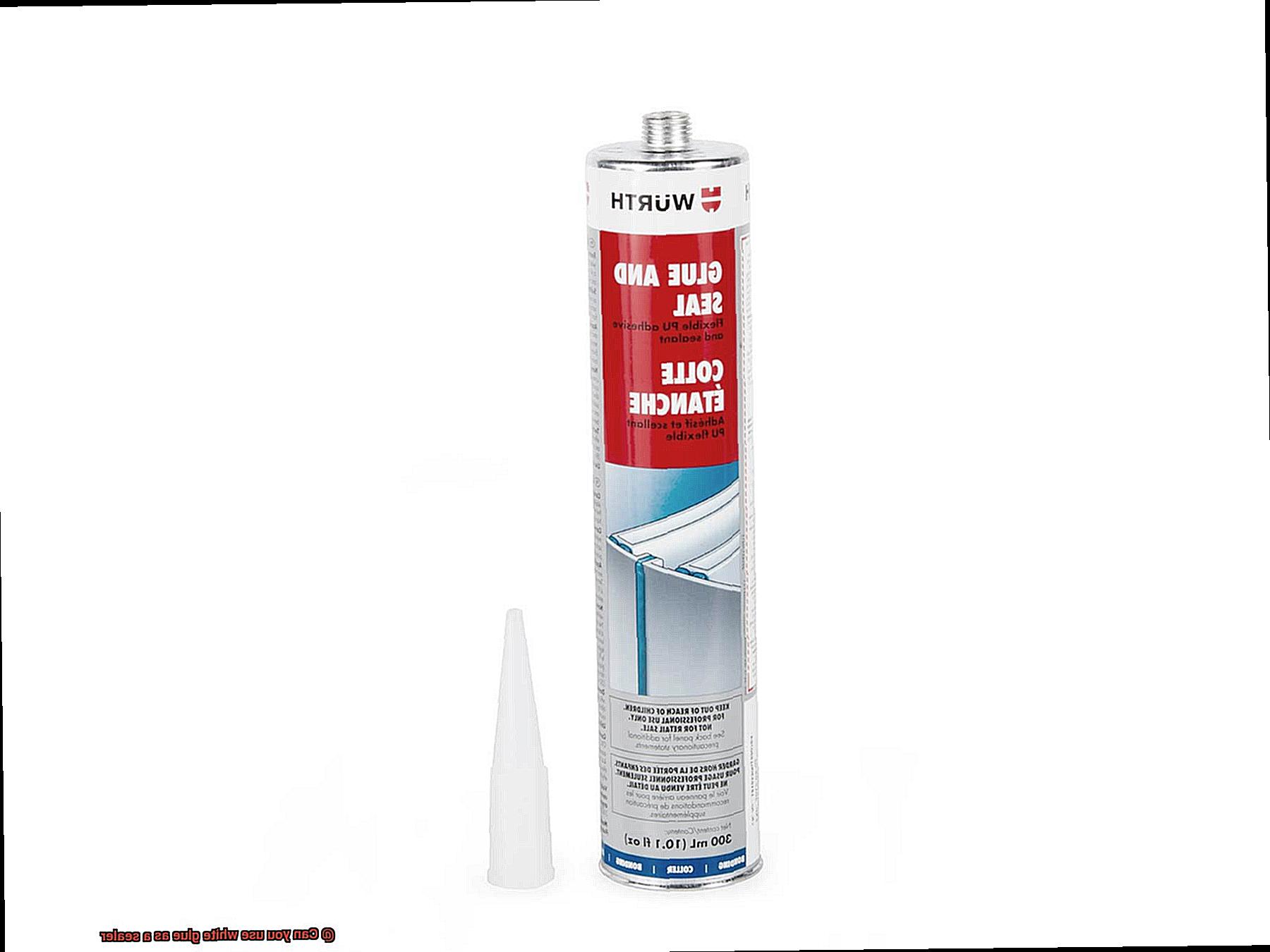
Advantages of Using White Glue as a Sealer
Contents
Not only is white glue a popular adhesive for arts and crafts projects, but it also serves as an excellent sealer with many advantages.
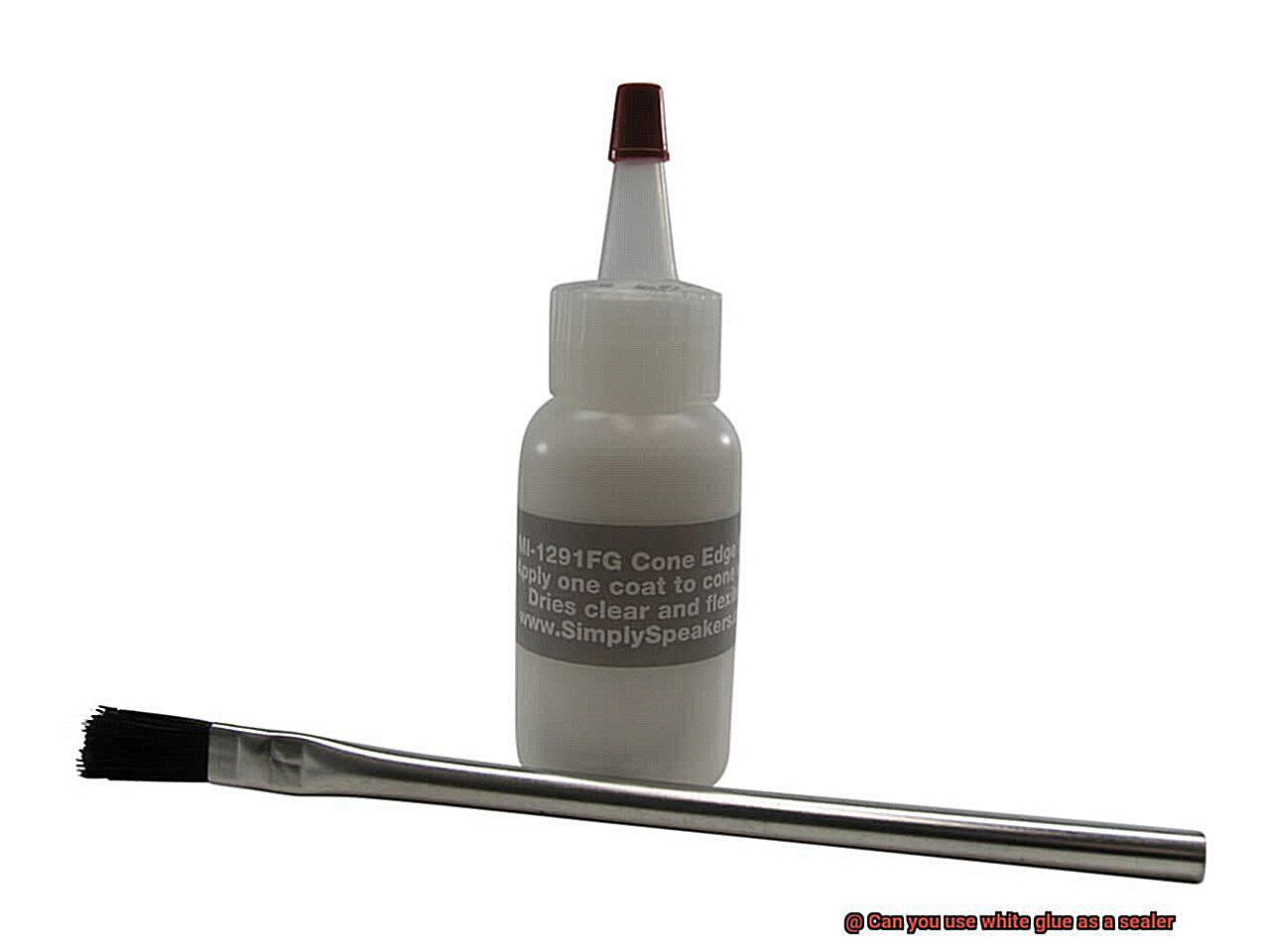
One of the biggest advantages of using white glue as a sealer is its affordability. It can be found in most craft stores or hardware stores at an affordable price, making it the ultimate cost-effective option for sealing various surfaces. In addition, there’s no need for any special equipment – all you need is a brush or sponge to apply it.
Another advantage of using white glue as a sealer is its versatility. It can be used on a wide variety of surfaces such as paper, wood, fabric, and even some plastics. Its versatility makes it an ideal choice for sealing projects that involve multiple surfaces. Plus, its clear dry finish means that it won’t affect the appearance of the surface it is applied to.
Safety is also an essential advantage of using white glue as a sealer. Unlike some other types of sealers that may contain harmful chemicals, white glue is water-based and non-toxic, which makes it safe to use. This makes it an ideal choice for sealing projects that involve children or pets.
Finally, white glue provides a strong bond and creates a durable seal that can withstand regular wear and tear. It resists moisture well, making it perfect for sealing outdoor projects such as birdhouses or garden ornaments.
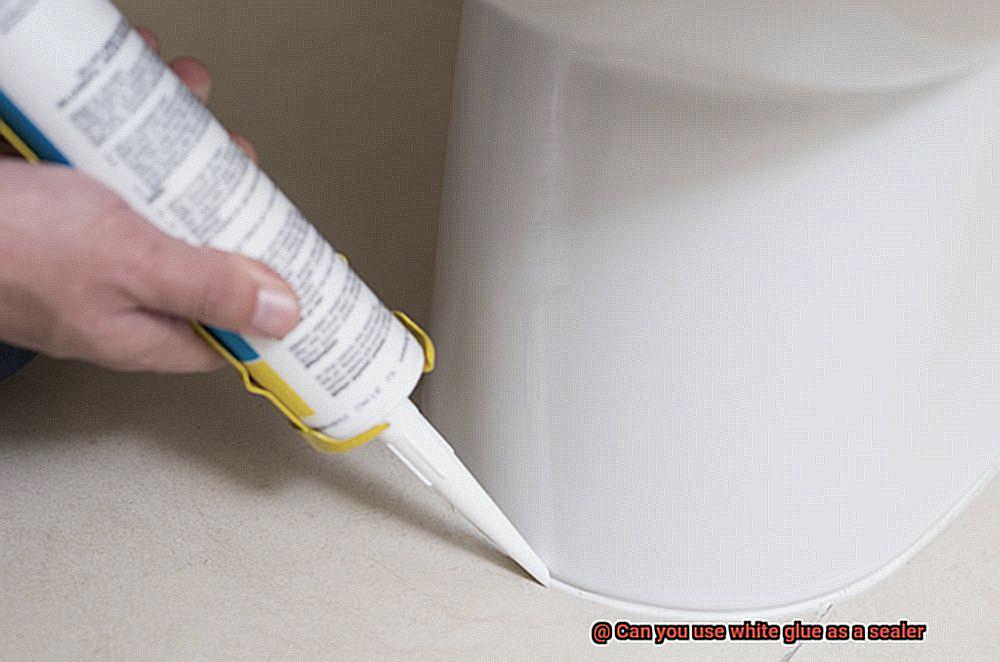
How to Use White Glue as a Sealer
Looking for a budget-friendly way to seal your next DIY creation? Say hello to white glue, also known as school glue or PVA glue. This versatile adhesive can provide a lasting and durable seal on a variety of materials.
Ready to get started? Begin by prepping your surface, ensuring it is clean and free from any debris. Then, use a brush or sponge to apply a thin layer of white glue, being sure to spread it evenly without leaving streaks or clumps. Let each layer dry completely before adding another.
However, keep in mind that white glue may not be the best option for all projects and surfaces. If you need a waterproof sealant or are working with non-porous materials like glass or metal, consider using a specialized sealant instead. Additionally, white glue may not provide long-lasting protection for certain projects.
But for paper crafts such as scrapbooks or origami, white glue can be an ideal choice for sealing and protecting your creations. You can even dilute the glue with water to create a thinner consistency for easier application.
Considerations for Choosing the Right Type of White Glue
Don’t let the variety of options available in the market stress you out. Choosing the right type of white glue is vital for achieving optimal results. In this post, we will guide you through the considerations for selecting the perfect white glue for your sealing project.
Polyvinyl acetate glue, or PVA glue, is the most common type of white glue and is perfect for most sealing projects. Its water-soluble and non-toxic properties make it easy to clean up and safe to use. Whether you’re working on a paper or wood project, PVA glue is an ideal choice.
Another option is school glue, which shares similar characteristics and properties with PVA glue. It is also non-toxic and water-soluble, making it budget-friendly and safe to use. If you’re working with young children, school glue is the way to go.
However, if your sealing project requires heavy-duty application, such as outdoor furniture or objects exposed to moisture, you need to consider waterproof white glue. These types of glues are designed to resist water and moisture, making them perfect for outdoor use.
Before selecting a particular type of white glue, always consider the application and materials being sealed. Think about the level of durability required for your project and follow the manufacturer’s instructions for application and drying times to achieve optimal results.
When Not to Use White Glue as a Sealer
There are certain scenarios where using white glue as a sealer may not be the optimal choice. So, let’s dive into when not to use white glue as a sealer.
First and foremost, it’s crucial to avoid using white glue on materials that will be exposed to water or moisture. Why? White glue is water-soluble and will break down when exposed to moisture, causing the material underneath to become damaged or warped. This means that if you’re working on any outdoor projects or items that will be exposed to water, it’s definitely better to steer clear of white glue altogether.
Secondly, white glue may not be suitable for surfaces that will be frequently used or handled. While it can provide a strong bond, it’s not as durable as other types of sealers such as epoxy or polyurethane. So, if you plan on using the surface frequently or if it’s subjected to wear and tear often, white glue may not hold up over time, leading to damage underneath.
Lastly, if you’re working with porous materials like wood or paper, it’s essential to note that white glue can seep into the pores of the material and cause discoloration or staining. If you have a project that involves porous materials, it may be better to use a specialized sealer designed for these types of materials rather than relying on white glue.
Alternatives to Using White Glue as a Sealer
While white glue is a popular choice for many projects, it’s not always the best option. Luckily, there are plenty of alternatives that can provide durability and protection for all kinds of surfaces.
One of the most popular alternatives to white glue is Mod Podge. This water-based sealer, glue, and finish can be used on paper, fabric, and wood, and dries clear to provide a protective coating. You can easily apply Mod Podge with a brush or sponge, making it an excellent choice for beginners.
Acrylic sealers are another water-based option available in both spray and brush-on forms. They also dry clear and provide a durable coating that can protect surfaces from everyday wear and tear. Acrylic sealers are perfect for use on surfaces such as wood, metal, and plastic.
If you’re working with wood, epoxy resin may be the best alternative sealer for you. This two-part mixture creates a strong and durable finish that can withstand heavy use. However, it requires proper ventilation during application and may be more challenging to work with than other options.
Another natural alternative to white glue is shellac. Derived from the secretions of the female lac beetle, shellac dries quickly and provides a hard protective surface that resists water and heat. It’s been used as a sealer for centuries and is still popular today for its durability.
Polyurethane is another option that comes in both water-based and oil-based formulas. It provides a clear protective finish on surfaces such as wood, metal, and plastic. You can easily apply polyurethane with a brush or spray gun, and it provides excellent protection against scratches and stains.
3HU_LhbX7-U” >
Also Read: Can you use Elmer’s glue as a sealant?
Conclusion
To sum up, white glue is a fantastic option for sealing various surfaces in DIY projects. It’s cost-effective, versatile, safe and durable, making it an ideal choice for many crafters. However, it’s essential to keep in mind the type of project and surface being sealed before using white glue as a sealer.
It’s worth noting that white glue may not be suitable for outdoor projects or surfaces that will be exposed to water or moisture. Similarly, it may not hold up over time on frequently used or handled surfaces. Additionally, white glue can seep into porous materials like wood or paper, causing discoloration or staining.
Thankfully, there are several alternatives available such as Mod Podge, acrylic sealers, epoxy resin, shellac and polyurethane. Each alternative has its own unique characteristics and properties that cater to specific needs.
When selecting the right type of white glue or alternative sealer for your project, always consider the application and materials being sealed. Follow manufacturer instructions for application and drying times to achieve optimal results.

